
Colombia's presidential elections go to a second round
On June 19, Colombians will choose between Gustavo Petro, a center-left candidate, and Rodolfo Hernandez, a right-wing populist.
The electoral surprise of Colombia's elections on Sunday, May 29, was the final finishing place of Federico Gutiérrez, who came in third place despite the polls having him as the rival to Gustavo Petro in the second round. It was also a defeat for the administration of President Iván Duque and his party, the Democratic Center.
Another highlight was the significant increase in the number of voters, from almost 20 million in March to almost 21.5 million votes.
With 99.7% of the votes reported, these are the results by percentage:
- Gustavo Petro (center-left coalition): 40.3%.
- Rodolfo Hernández (right-wing populist): 28.1%.
- Federico Gutiérrez (right-wing government coalition): 23.8%.
- Sergio Fajardo (center coalition): 4.2%.
For the next three weeks, Petro and Hernandez are expected to work hard to strike alliances with other sectors to gain support.
Hernández, former mayor of Bucaramanga, has focused his campaign on the fight against corruption. However, on July 21, a trial will begin against him for his alleged illegal awarding of a consultancy contract to implement new technologies for waste management in a sanitary landfill when he was mayor. In May of last year, he was formally accused and called to trial.
RELATED CONTENT
In recent weeks, he did not attend any of the radio and television debates. His campaign has focused on social media outreach and analysts have described him as the 'Colombian Trump.'
On the night of May 29, Gutiérrez acknowledged his defeat and announced his support for Hernández. With it, is the support of the governing party, led by former president Alvaro Uribe.
Meanwhile, Petro, the winner of the day, was the last to speak on the results of the first electoral round.
"Today is a day of triumph," Petro said at the beginning of his speech in the hall of a hotel in downtown Bogotá, with more than 1,000 attendees, including 400 national and international journalists.
Petro is a former mayor of Bogotá, the capital, and one of the most prominent senators in the Colombian Congress. In the 1980s, he was a member of the M-19 guerrillas, a non-Marxist, left-wing, armed organization that signed a peace agreement in 1990. As part of that negotiation, a Constituent Assembly was convened in 1991, which reformed the Constitution.
Throughout the day, more than 500 cases of electoral pressure and vote buying and selling were reported in some regions of the country. Polling stations opened at 8:00 a.m. and closed at 4:00 p.m.



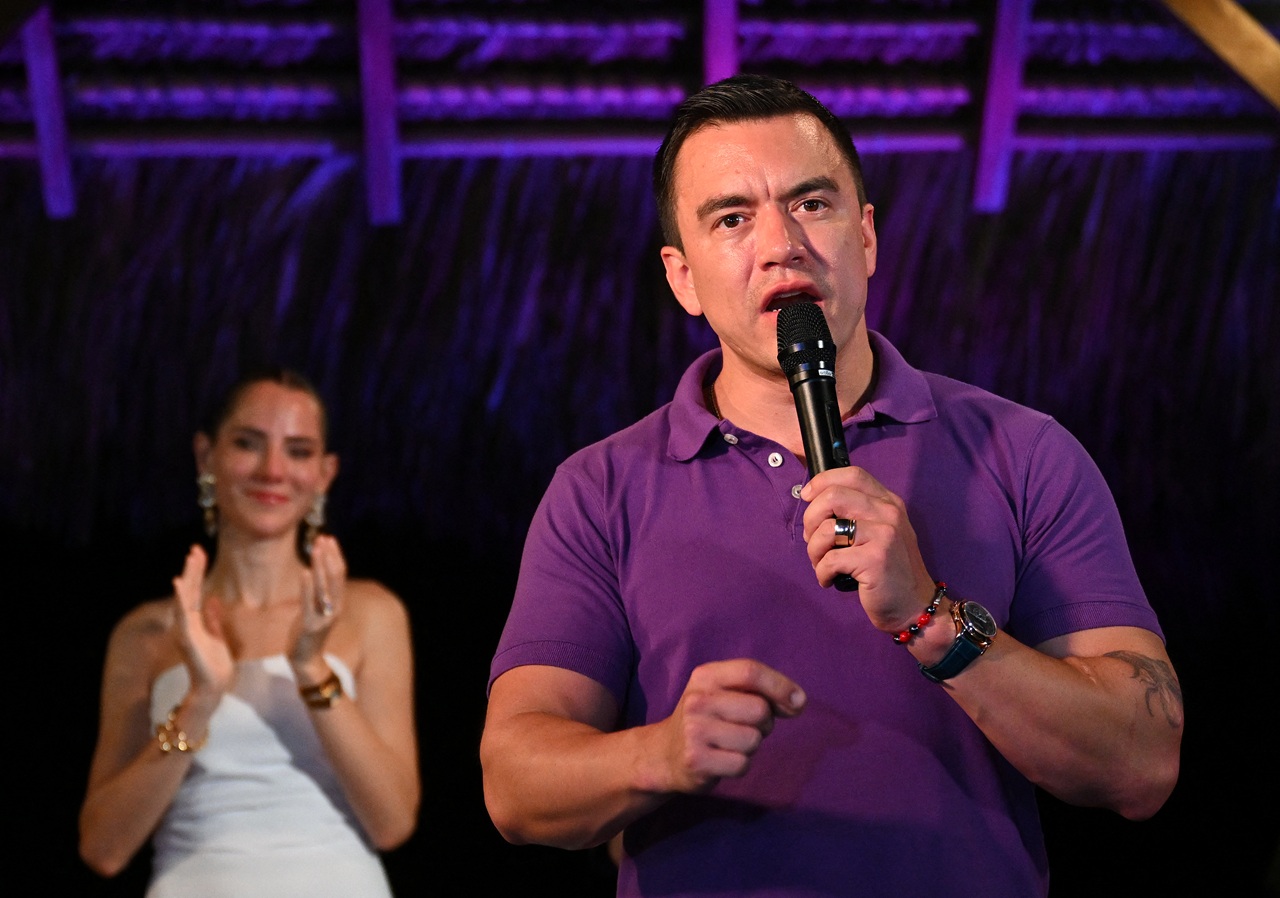
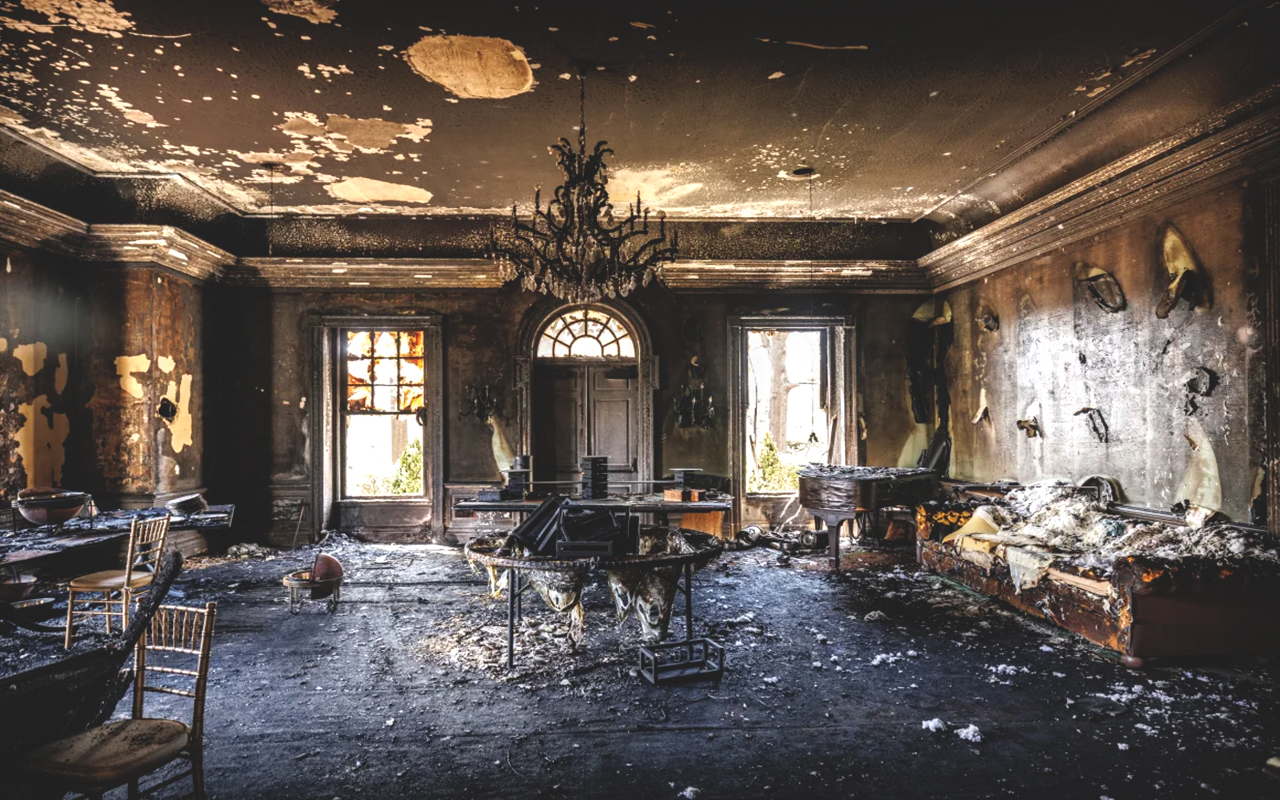
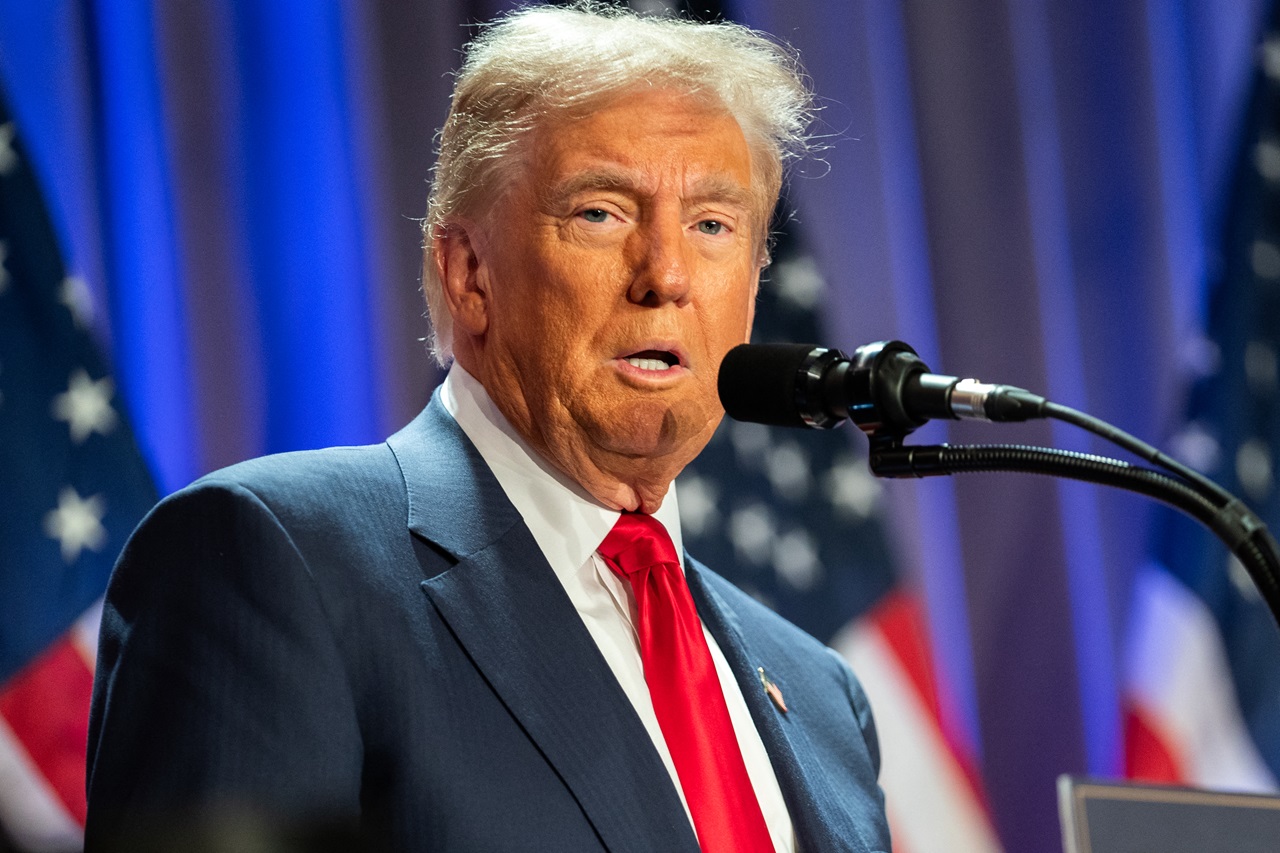
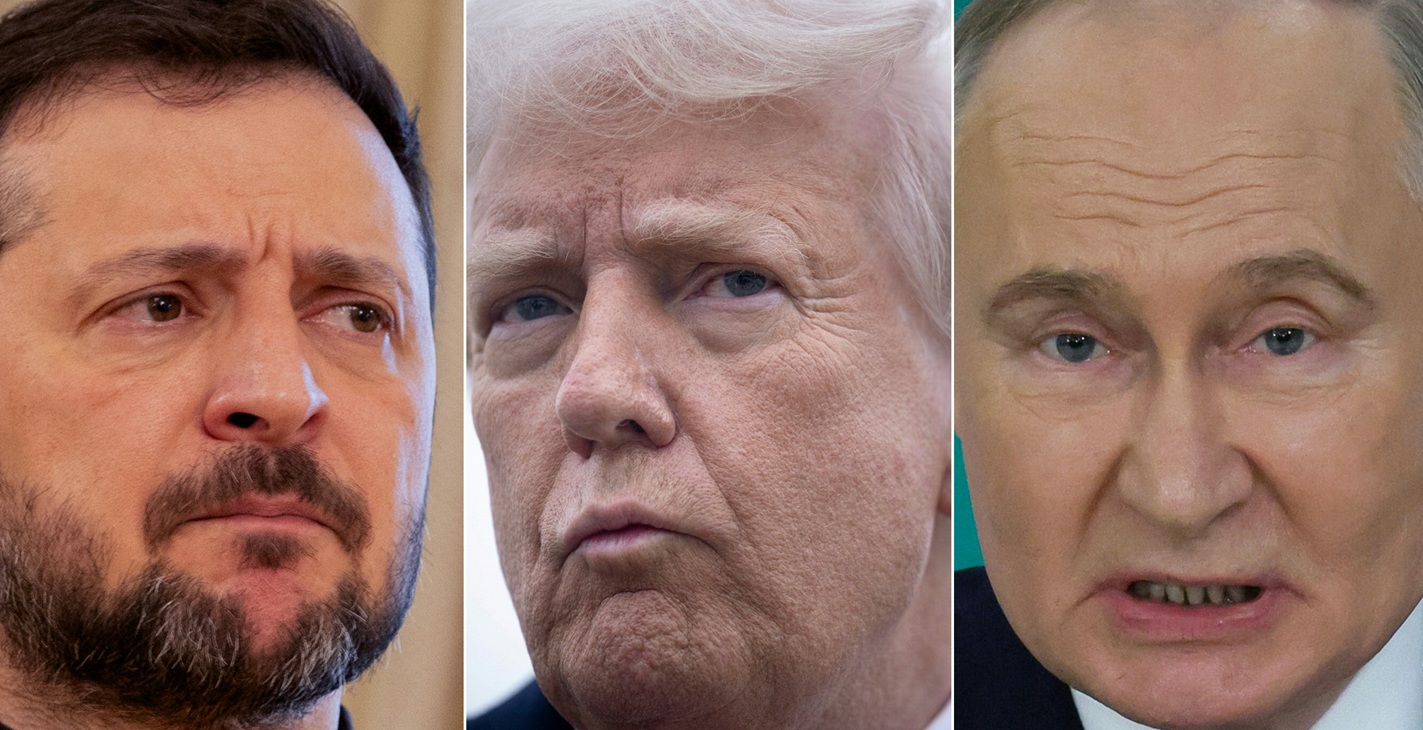

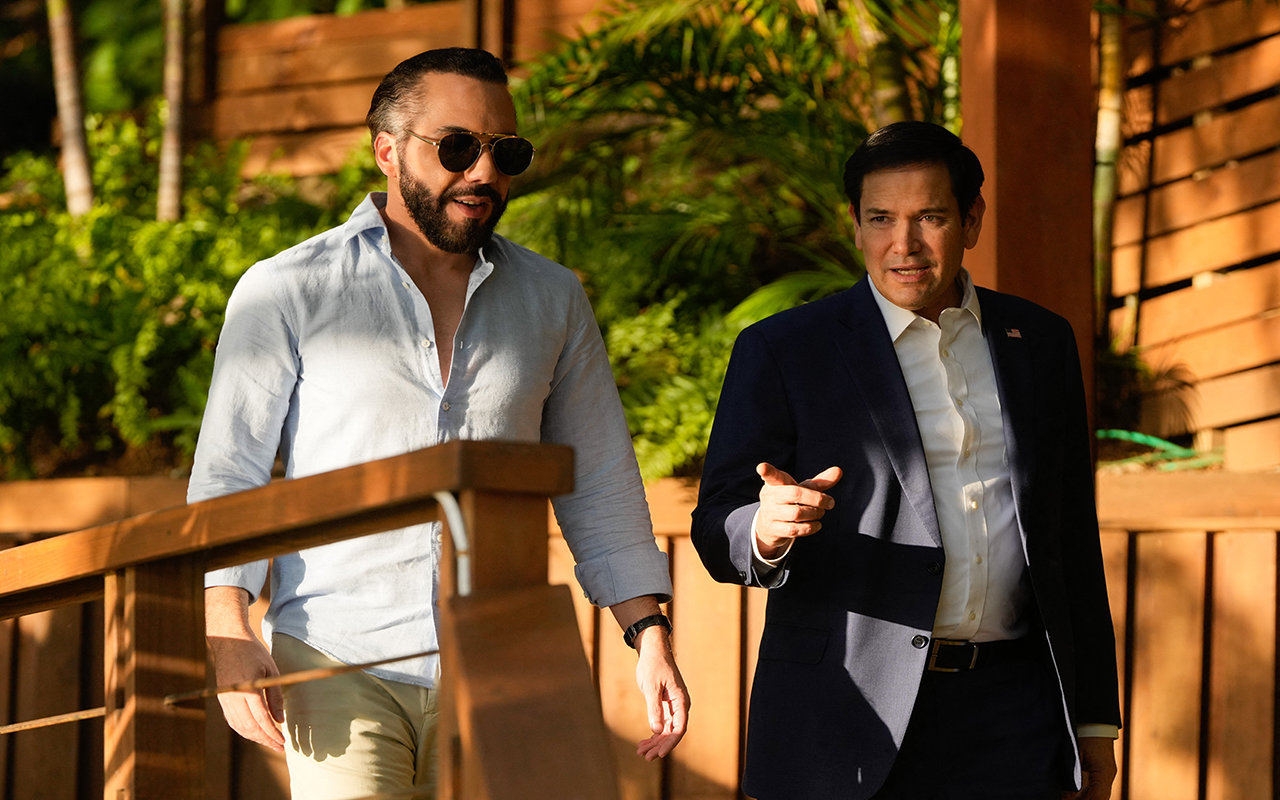

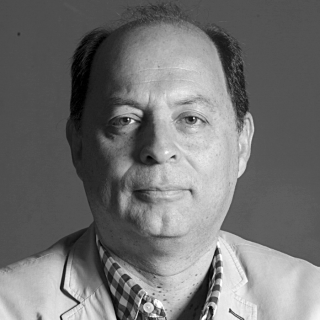
LEAVE A COMMENT: